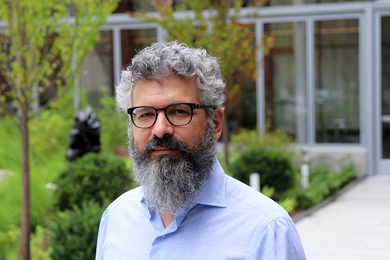MIT has produced a new handbook on academic integrity in an effort to provide the community guidance on issues associated with giving proper credit for creative contributions by others. Such issues can be especially challenging in today's world, since use of the Internet is widespread.
The handbook, which has already been distributed to faculty members and first-year students, was created under the sponsorship of Robert P. Redwine, dean for undergraduate education, and Margery Resnick, the current chair of the faculty Committee on Discipline. The handbook will be sent to the rest of the undergraduate and graduate student body as well.
Redwine and Resnick formed an ad hoc faculty committee last January to examine questions of academic integrity across the Institute. The committee received input from a wide range of community members before putting the handbook together.
"We as an institution have not recently made it clear that [academic integrity] is a fundamental value," Redwine said. Students, who arrive on campus from a wide variety of backgrounds, may not have a full understanding of what is acceptable in the scholarly community, he said.
"I believe it will be useful to many members of our community," he said.
The 24-page handbook explains what violations of academic integrity are, including details on what constitutes cheating and plagiarism. It also outlines the consequences violators face, which may be as severe as suspension or expulsion.
The handbook also offers a roadmap to the tricky questions surrounding the citing of electronic sources and avoiding plagiarism when writing code.
For more information, contact Dean Redwine's office at 3-6056.
A version of this article appeared in MIT Tech Talk on September 21, 2005 (download PDF).





